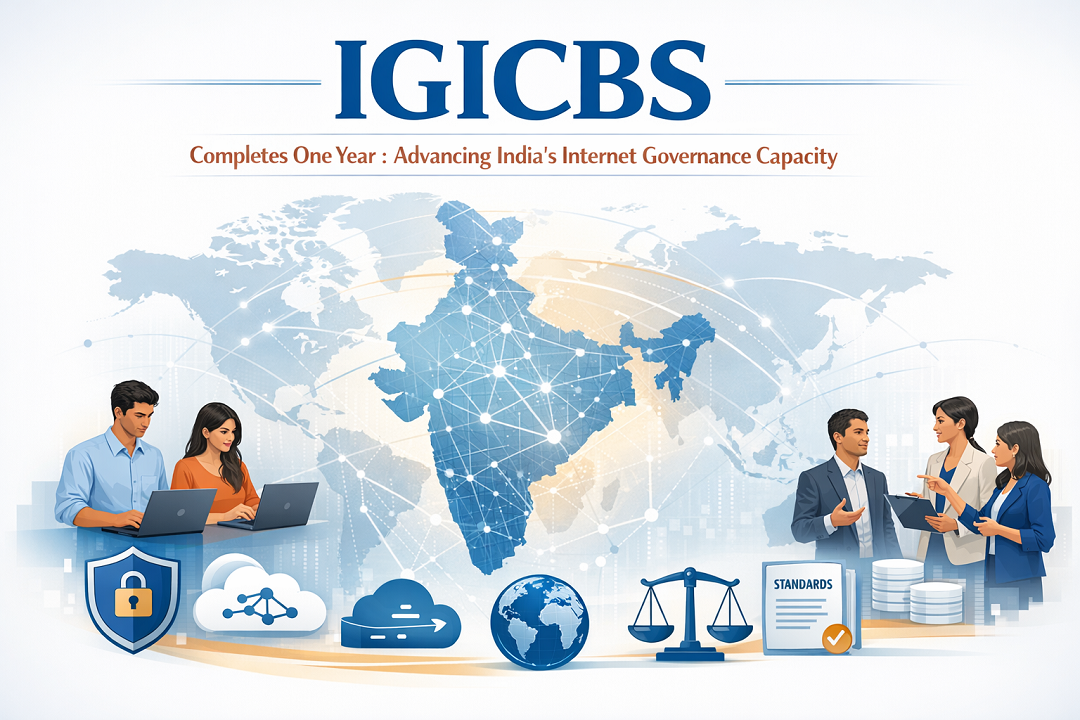Online Gaming Regulation in India: Safety, Skill, and Social Play
Context:
- Recently, the Parliament passed the Promotion and Regulation of Online Gaming Bill, 2025 to regulate the fast-growing online gaming industry in India.
- The Bill primarily targets Real Money Games (RMGs) due to their association with financial loss, addiction, and unlawful activities, while promoting e-sports and social gaming for recreational and educational purposes.
What Are Online Games?
- Definition: Online games are video games played over the internet, typically involving multiple players worldwide.
- Connectivity: Players can compete or cooperate using consoles, PCs, or mobile devices.
- Growth in India: The online gaming industry in India has grown exponentially due to increased internet penetration and smartphone usage.
Risks Associated:
- Health effects: WHO links RMGs to compulsive behaviour, psychological distress, financial hardships, and family disruption.
- Economic loss: Indians reportedly lose ₹15,000 crore annually due to RMGs.
- Suicide cases: 32 suicides attributed to online gaming addiction were reported in Karnataka over 31 months.
- Job concerns: The RMG industry claims that the ban could threaten over 2 lakh jobs across 400+ companies.
Classification of Online Games Under the Act
The Act divides online games into three categories:
- Real Money Games (RMGs):
- Defined as games played for monetary stakes or virtual equivalents, whether based on skill, chance, or both.
- Examples: Poker, Rummy, Fantasy Cricket, Ludo variants.
- Action: Ban on all RMGs and related advertisements.
- E-sports:
- Games recognized under the National Sports Governance Act, 2025 and registered with the regulatory authority.
- May involve registration/participation fees and prize money.
- Examples: Grand Theft Auto, Call of Duty.
- Social Gaming:
- Games played on digital devices for recreational or educational purposes.
- Included under Section 4, allowing the government to facilitate development and availability.
Regulation and Enforcement
- Punishments:
- Offering/authorizing RMGs: up to 3 years imprisonment, ₹1 crore fine, or both.
- Unlawful advertisements: up to 2 years imprisonment, ₹50 lakh fine, or both.
- Offences are cognizable and non-bailable under BNSS, 2023.
- No penal action for players has been codified.
- Blocking/Disabling Apps:
- CERT-IN to block apps offering banned RMGs.
- Interpol may assist with offshore operators.
- Regulatory Authority:
- Empowered to recognize, categorize, and register online games.
- KYC and Child Protection:
- Firms must comply with KYC norms, implement parental controls, and apply age ratings.
- No restrictions on minors for social gaming or e-sports.
- Promotion of Social Gaming:
- Budget allocation from the Consolidated Fund of India to support recreational and educational online games.
Rationale for the Act
- Financial Loss: Users lost thousands of crores on RMGs.
- Malicious Algorithms: Online gaming algorithms allegedly prevent consistent winning.
- Terror Funding: Parliamentary Panel Report (2023) cited gaming portals as potential sources of terror financing.
- Tax Evasion: Gaming companies evaded ₹2,000 crore in taxes (2022) and ₹30,000 crore in GST.
- Fraud: Apps like FIEWIN defrauded ₹400 crore, using cryptocurrency and mule accounts.
- Lack of Transparency: Games operated using bots or undisclosed agents, undermining fairness.
- Offshore Operations: Firms operating abroad bypass domestic laws, creating enforcement challenges.
Measures Taken by India Prior to the Act
- State Actions:
- Telangana (2017) banned all online gaming.
- Andhra Pradesh (2020) banned online gambling.
- Tamil Nadu (2022) banned Rummy and Poker.
- Central Measures:
- GST reclassification (2023) for online gaming, casinos, and horse racing.
- Uniform 28% GST on entry fees/deposits.
- Supreme Court Intervention:
- Stay on notices to gaming companies.
- Clarification awaited on skill-based games vs. gambling and retrospective taxation.
Challenges and Way Forward
- Legal Concerns: No distinction between skill-based games and games of chance, raising potential Article 19(1)(g) issues.
- Judicial Review: The Supreme Court may grant interim relief or request government justification for the law.
Conclusion
The Promotion and Regulation of Online Gaming Bill, 2025 aims to:
- Ban high-risk RMGs, protect users, and prevent financial and social harms.
- Promote e-sports and social gaming for recreation and education.
- Ensure regulatory oversight, KYC compliance, and child protection.
Its success will depend on effective enforcement, judicial scrutiny, and balancing industry growth with user safety.
Source : The Hindu



